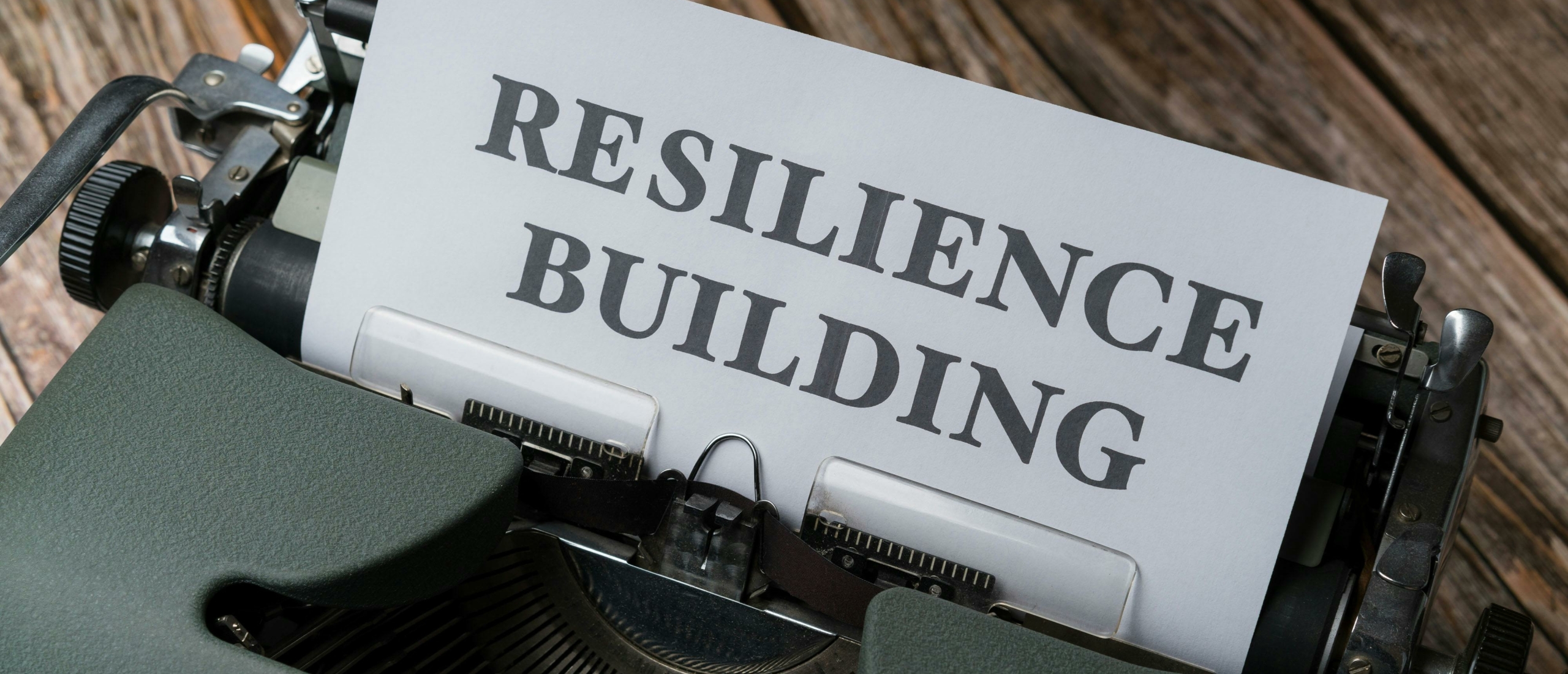
Feeling tired even after a full night’s sleep? Struggling to focus by mid-afternoon? You might not need more rest — you might need better mental recovery.
Modern work doesn’t just tax the body. It drains the brain. And just like your muscles need rest after exercise, your brain needs mental recovery to perform at its best.
In this article, we will explore what mental recovery means, how it differs from physical rest, and how you can recover better during your workday to reduce stress and protect long-term performance.
What Is Mental Recovery?
Mental recovery refers to the process of giving your brain time and space to recover from sustained cognitive effort, emotional strain, or social stress.
This isn't about zoning out for hours. It's about intentional breaks that restore mental energy, regulate emotions, and help you regain clarity.
Recovery allows your prefrontal cortex — the part of your brain responsible for decision-making and focus — to “reset.” When recovery doesn’t happen, your brain stays in a low-grade stress state, leading to mental fatigue, irritability, and burnout.
Signs You’re Not Mentally Recovering
If your brain never gets a break, you might notice:
- Difficulty concentrating or finishing tasks
- Increased errors or forgetfulness
- Emotional reactivity or low frustration tolerance
- Poor sleep despite being tired
- Lack of motivation or creative thinking
These are signs that your brain is overloaded — not weak. It needs moments of recovery, not more effort.
The Science Behind Mental Recovery
Research shows that recovery moments during the day are just as important as sleep for restoring your brain’s capacity. Continuous mental effort without pause keeps your stress system activated (like increased levels in the blood of the stress hormone cortisol), while recovery allows your nervous system to return to baseline.
Even brief detachment from tasks — especially if done regularly — helps to:
- Regulate stress hormones
- Improve working memory
- Strengthen emotional control
- Rebuild attention and motivation
How to Recover Mentally During the Workday
Here are 5 effective strategies for mental recovery — backed by science and easy to fit into a busy schedule.
1. Take Micro-Breaks
Short, intentional pauses of 1–5 minutes (like deep breathing, stretching, or stepping outside) help interrupt mental overload and restore focus. You can read about the best micro-breaks in this article.
2. Practice Psychological Detachment
Let your mind shift away from work tasks, even briefly. This might mean:
- Looking out a window
- Listening to music
- Daydreaming
- Reading something unrelated to work
The key is to mentally disconnect for a few minutes — not just switch tasks.
3. Use Recovery Rituals
Create small rituals to signal to your brain it’s time to recover:
- A cup of tea after finishing a report
- A short walk between meetings
- Changing your environment (even rearranging your desk)
Rituals create predictability and cue your body to unwind.
4. Limit Continuous Partial Attention
Multitasking, constant email checks, and open tabs all drain mental energy. Try “mono-tasking” for 30 minutes, then take a recovery pause. The cycle of focus → recovery → focus improves both performance and well-being.
5. Pause After Social Stress
Interpersonal friction — from a tense meeting to an awkward email — activates your stress response. Give yourself time afterward to reflect, breathe, or do something grounding. This prevents social stress from lingering in your body and mind.
Mental Recovery Isn’t Laziness — It’s Smart Strategy
In high-pressure environments, it’s easy to equate constant effort with productivity. But recovery isn’t slacking. It’s a critical part of performance.
When you recover well:
- You make fewer mistakes
- You’re more emotionally balanced
- You bounce back faster from setbacks
- You stay engaged and motivated
Mental recovery is what makes sustainable success possible — especially if you want to thrive instead of just survive.
Free Download
Want to learn more ways to protect your energy at work?
Download our free ebook: 5 Micro-Actions to Reduce Stress at Work











